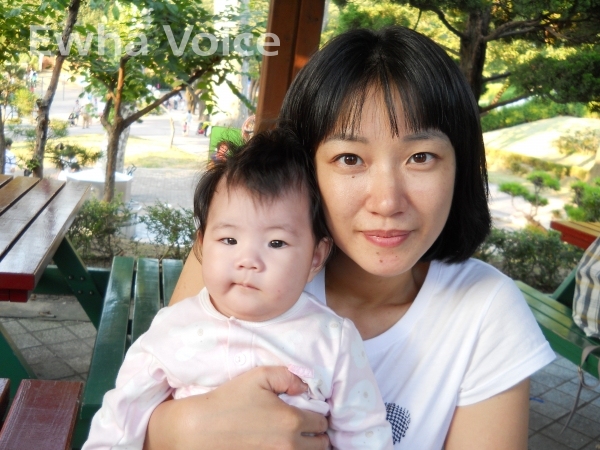
For decades in Korea, only the so-called ‘normal’ family ideology, comprising a family in which a legally married couple gives birth to and raises children, has been considered the ideal and default family form. Accordingly, individuals are expected to get married, and it is common to encounter terms such as ‘marriageable age’ and deprecating expressions for individuals who do not marry until later in life. However, the perception of the family form is changing, particularly among young women in their 20s and 30s.
According to a survey of 1,000 men and women aged 18 or older, many people now consider marriage an option, not an essential part of life. The trend stood out among women in their 20s, with as many as 80 percent positively responding to life without marriage. As the traditional perception of marriage has changed, 28.1 percent of women living in Seoul answered that they would have children without getting married.
Non-marital childbearing is not merely an idea. Some people have already built families of their own, including children, without getting married or even giving birth. Ewha Voice met Baek Ji-seon, author of the book “Raising children without marriage and childbirth” and a mother of two.
Baek had always dreamt of having children. However, she was skeptical about whether to give birth on her own in a world where climate change and social polarization are becoming ongoing crises. Above all, she was aware of the fact that many children around the world were not being raised in well-supported environments. Thus, she thought it would be desirable to adopt an unprotected child and become a caregiver rather than give birth to a child of her own. In the end, she adopted and is raising two daughters now in elementary school.
Another reason Baek decided to adopt children was the uncertainty. She was unsure whether she could be cared for during pregnancy and childbirth. According to Baek, many women are not well cared for during their pregnancy, even if they are married. Still, for her, not being married was all the more reason to adopt. If she had health problems before and after childbirth, she would not have been able to work. Whether or not she could continue her economic life while raising a child was a matter of survival. She had to minimize the risk.
Baek did not inform her parents, who adhere to the normal family ideology, about her decision to adopt because it was obvious that they would oppose the idea. Since family support is essential to adopting a child, it was fortunate for Baek that her siblings had no prejudice against adoption. With the help of her siblings, she received family counseling at an adoption agency.
Baek’s colleagues and acquaintances congratulated her full-heartedly. Some of the single women around her were inspired by her adoption. She added that she wrote her book hoping many single women would be well-prepared to give birth or adopt children to form a family without getting married.
“In Korea, the proportion of men participating in childcare is low,” Baek said. “Women usually take the initiative in parenting. Therefore, the daily life of raising children is no different from families with both parents. I think the biggest stereotype is to think that families with single parents will be different from those with both parents. However, if you are an unmarried male single-parent, you may feel a little differently from most families, in which mothers take the lead in childcare.”
Another prejudice against unmarried single-parent families is that their children are more likely to confront an identity crisis.
Baek explained that her children do not care about such problems yet as they are young and self-centered. Still, she teaches and prepares her children in case they confront prejudice in relationships with other people. Through the real-life examples of marriage, non-marriage, divorce, or single-parent families, she tells her children that each person has one’s own solution in life, and one should judge independently.
Baek’s personal goal is to succeed in her career and build a loving family with her children. She also wants to help children in crisis who are not being cared for.
For women who wish to form a family without getting married in the future, Baek advised creating a caring community that provides mutual care without sacrificing certain members.
She explained that everyone has to fulfill basic emotional needs by exchanging care no matter if he or she has children.
Whether it be a two-parent or single- parent family, a caring community that helps with economic power and childcare is necessary to raise children. On the other hand, everyone needs care when they become sick or get older. Baek explained that it is neither desirable nor sustainable to give or receive care unilaterally, emphasizing the need for a community to exchange care not only to raise children well but also to prepare for retirement.

